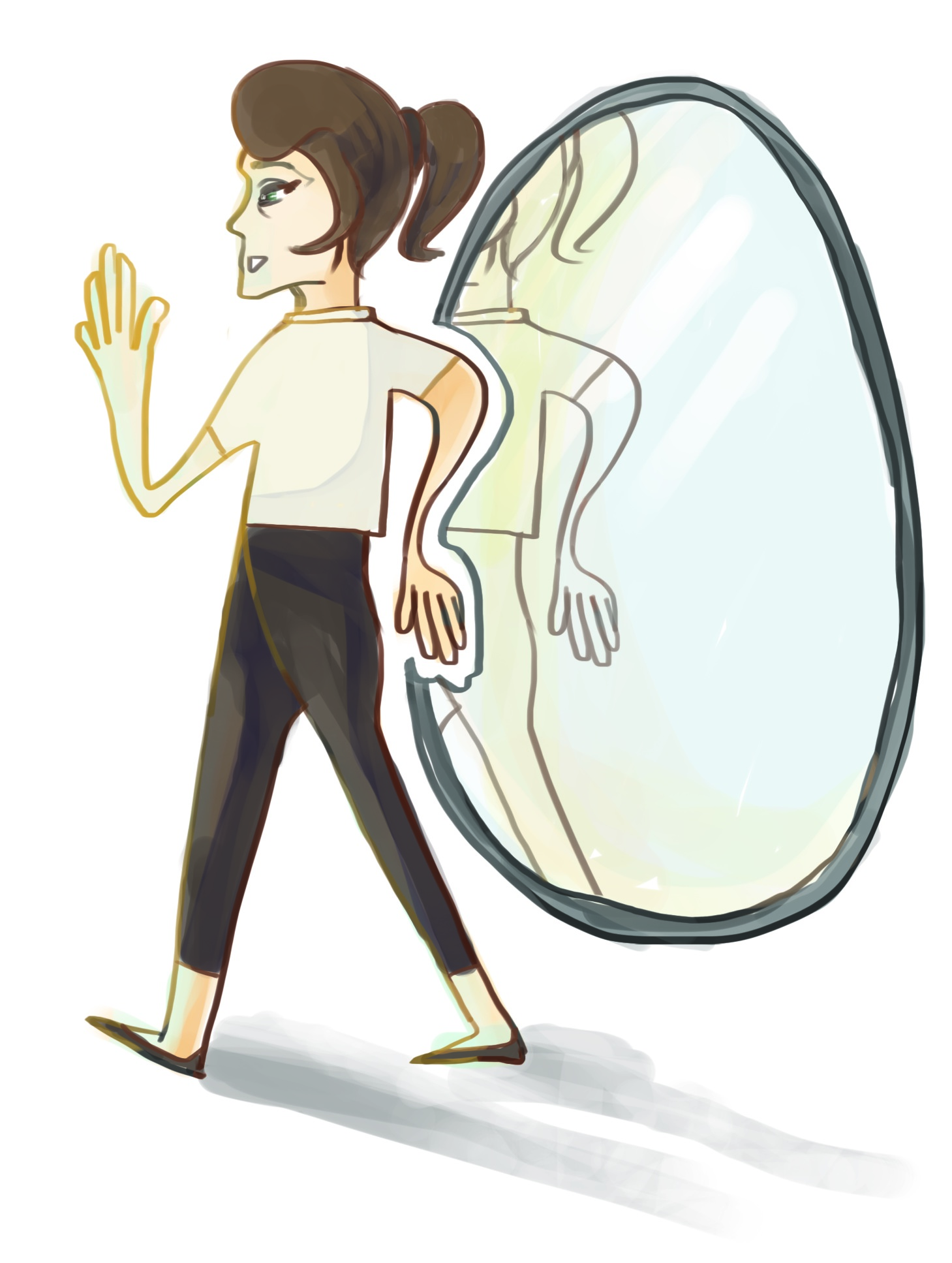Alexandra Tashman: Redefining the healthy body vital for wellness

By Alexandra Tashman
Feb. 21, 2013 12:01 a.m.
The fashion icon Kate Moss once said, “Nothing tastes as good as skinny feels.”
This quote reflects a message that is often emphasized in American advertising: If you want to be successful or happy, you need to be skinny. For most of us, this concept has very little to do with reality.
No medical professional would ever argue that being skinny is the ideal arbiter of being medically well. Weight and fitness alone are not determinants, either. There are many larger people who are healthy, and plenty of tiny ones who are not.
A new definition of health is needed, one that incorporates both mental and physical well-being and dispels the unrealistic physical standards often conflated with wellness.
With constant messages sent out in advertising, television programming and by peers, it’s no wonder that young adults are struggling with eating disorders and low self-esteem in greater numbers than ever before. And because not fitting into a specific body type is often stigmatized or considered shameful, many students remain silent about their body hate or eating disorders.
That’s where the Undergraduate Students Association Council’s I Love My Body Week comes in.
Created by the Body Image Task Force division of USAC’s Student Wellness Commission, the event aims to emphasize that body image struggles, eating disorders and body dysmorphia are issues that affect many college students in some capacity.
According to the National Association of Anorexia Nervosa and Associated Disorders, Inc., 95 percent of people with eating disorders are between the ages of 12 and 25 – a bracket that undergraduate students fall within.
Even more worrisome, 25 percent of college-aged women have used the techniques of “bingeing and purging” – better identified as bulimia – as a means of controlling their weight.
Organized events such as USAC’s I Love My Body Week may serve as one of the few comfortable spaces in which body image and eating disorders can be addressed on campus.
But to help give body image a more topical and widely discussed presence on campus – aside from such events – it is first necessary to define health more accurately.
The focus of I Love My Body Week is to find ways to accept your body and encourage healthy habits.
“Being healthy means finding things that are healthy and good for you that you enjoy, because if they’re enjoyable they’ll become part of your life, and feeling good about yourself will come naturally,” said Emma Basaran, co-director of Student Wellness Commission’s Body Image Task Force and fourth-year anthropology student.
The event – which will span all of next week – features a variety of different workshops, speakers and a movie screening that aim to educate students about the external pressures they face and to make them aware of the ones they place on themselves.
While the discussions in place for I Love My Body Week acknowledge the fact that body image is a major and under-discussed issue for students, teaching people that advertising sends negative messages or that fitness has been commoditized does not help to address the underlying societal obsession with bodily perfection – no series of seminars can.
A revised conception of health also means incorporating how body image woes can affect mental health, and one of the main ways is through our cultural obsession with consistently maintaining a flawless appearance.
The featured speaker for I Love My Body Week, Kjerstin Gruys, took a radical approach to changing her own body image by taking her “image” out of the equation. She spent a year – in fact, the year she got married – without looking at mirrors.
Gruys’ journey highlights the important duality that mental and physical health are closely dependent. Health is subjective and changing, and can’t be determined by appearance alone. Health is something that can only be quantified between a person and their doctor – even I Love My Body Week can’t tell people what health means.
Wellness and happiness – not thinness – should be prioritized as prominent criteria for health, and while there’s no standard formula for health, there’s certainly one for making people feel bad about themselves. Let’s change that.
Email Tashman at [email protected]. Send general comments to [email protected] or tweet us @DBOpinion.


